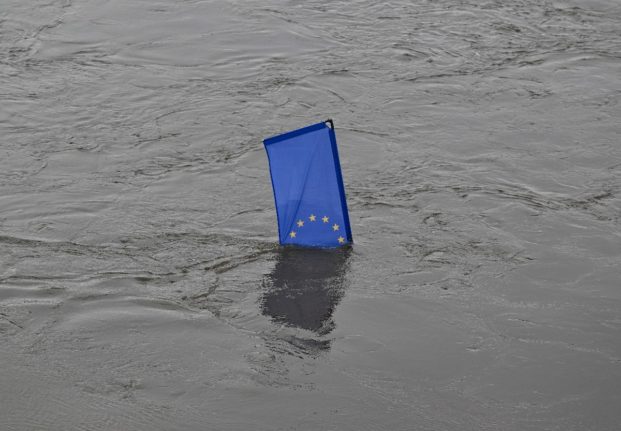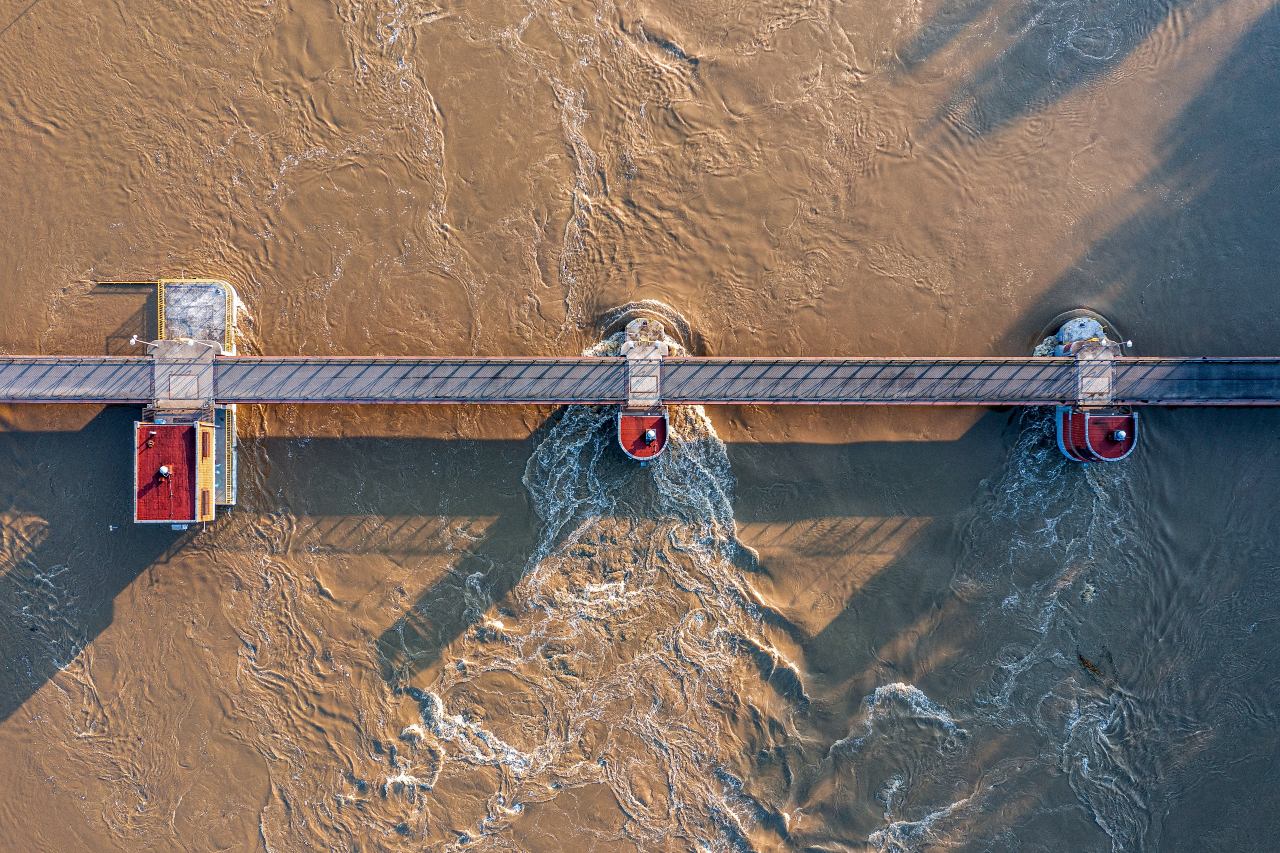After storm Ylenia hit the country on Wednesday night and Thursday, a new weather front called Zeynep is expected on Friday afternoon, bringing with it extreme winds and lots of rain.
And it’s having an impact on travel.
Deutsche Bahn said on Friday that several regional and long-distance services in the northern half of the country were being suspended.
The suspension of regional services affects Schleswig-Holstein, Hamburg, Lower Saxony and Bremen, as well as parts of North Rhine-Westphalia.
The cancellations will take place gradually “during the course of the day”, the spokesperson said. In North Rhine-Westphalia, this was to begin on some lines from 2pm.
READ ALSO: Germany issues extreme weather warning for next storm
In the long-distance network, connections from Hamburg in the direction of Berlin, Hanover and Cologne are affected. ICE and IC services on the east-west route between Cologne via Hanover to Berlin were also suspended on Friday.
Deutsche Bahn said there would be “no more long-distance trains north of Dortmund, Hanover and Berlin”.
Meanwhile, ICE and IC trains between Frankfurt(Main) or Berlin and Amsterdam have been cancelled throughout the day.
Free cancellation of tickets
The Deutsche Bahn spokesperson told Germany’s Tagesschau that the cancellations are due to “severe” storm warnings.
The rail operator is strongly advising that passengers postpone their journeys and rebook. Passengers can use their tickets booked for the period from Thursday to Sunday flexibly until February 27th, or cancel them free of charge if they postpone journeys because of the storm.
If that isn’t possible, passengers have been strongly advised to stay informed about the current storm and possibility of delays and cancellations.
Gusts of up to 160 km/h are predicted in some parts of northern Germany.
Forecasters at the German Weather Service (DWD) predict storm Zeynep will affect the northern half and centre of Germany from Friday afternoon until early Saturday morning.




 Please whitelist us to continue reading.
Please whitelist us to continue reading.
Member comments